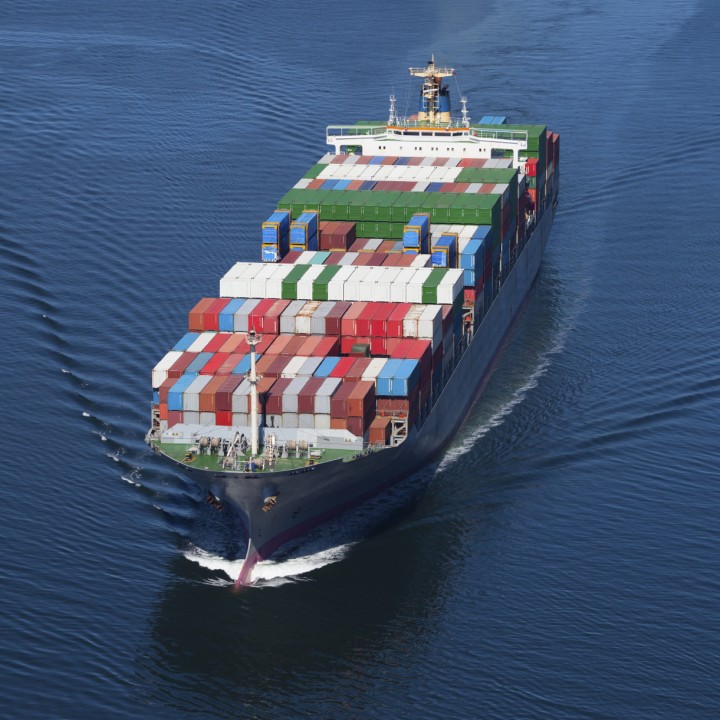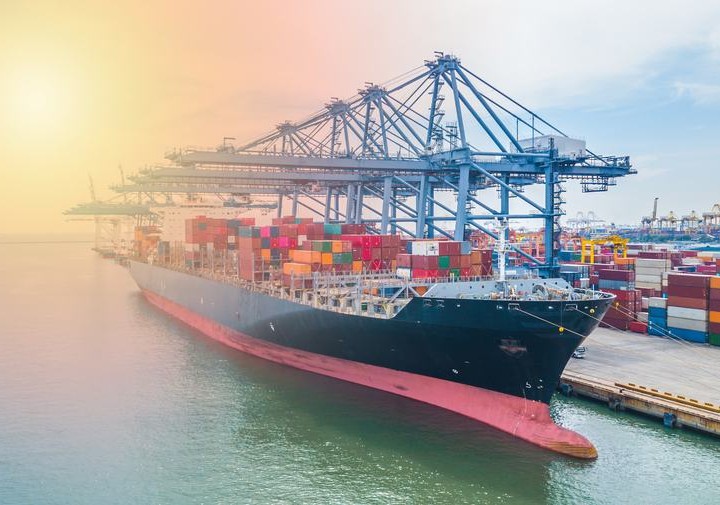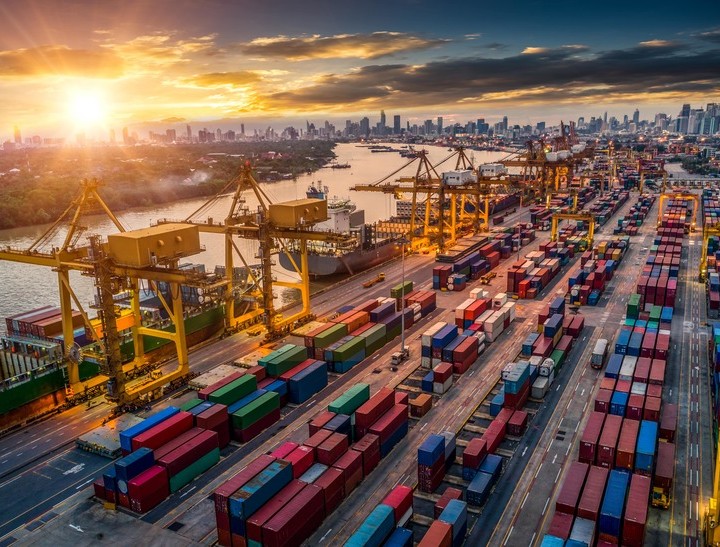With today’s global economy and the ability to market worldwide via the internet, even the smallest businesses may need to ship products internationally. Often, this means navigating complex shipping regulations, filling out multiple forms, and calculating duties and tariffs to ensure the products arrive safely and in a timely fashion. Although the international shipping process will always be challenging, here are a few tips that can make it easier for your business to get started.
Select the Best Shipping Method
The vast majority of products shipped internationally are transported via sea freight. This is the most economical choice for large quantities of goods or for items that are extremely heavy or bulky. If you are shipping only a few products or need them delivered quickly, air freight is the best option. It is costly, but offers safe, reliable delivery in a minimal amount of time. Full truckload (FTL) or less-than-truckload (LTL) shipping can be a quick and cost-effective option for products going to or from nearby countries like Canada or Mexico.
Check Shipping Regulations
Your business will need to research each product you ship to make sure it is not illegal or restricted in the destination country and that there are no local or international shipping regulations that you need to be aware of. For instance, hazardous materials like lithium batteries or chemicals may need specialized packaging, labeling, and shipping precautions.
Fill Out the Proper Forms
Fill out an accurate bill of lading for each shipment and include a full invoice and packing list on both the interior and exterior of the packaging. Fill out the appropriate customs forms for each country and type of shipment, such as consumption entries, TIBs, or ATA Carnets. Make sure to declare cargo values accurately and to list all items in the shipment to avoid confiscations or delays.
Calculate Duties and Tariffs
As your goods enter another country, they may be subjected to import fees and tariffs that depend on the quantity of goods, the type of products, and the regulations of the destination country. Make sure these fees are calculated correctly to avoid surprises for your business or your clients. Freight can be imported delivery duty paid (DDP), where you are responsible for customs fees, or delivery duty unpaid (DDU), where the customer is responsible for any fees.
Calculate Shipping Fees
The total shipping fees will be a combination of the actual international shipping fees plus any customs fees or tariffs. In order for you to ship your products profitably and for your clients to be fully informed before they make a purchase, you will need to calculate these fees carefully, being sure that you account for all applicable shipping costs and tariffs.
Other Considerations
Make sure that your freight is packed properly so that it makes the journey safely, and insure each package so that your business is covered in the event of damage or loss. Overseas shipping can take a long time, especially if the packages are delayed at customs, so it is important to communicate effectively with customers about shipping times.
AMR Group: Your Reliable Partner for International Shipping in the Las Vegas Area
Whether your business needs to ship a few parcels, a full pallet, or an entire container overseas, you can count on our team at AMR Group to make the process as seamless as possible. We are the Las Vegas area’s premier international shipping provider, and we offer a full range of worldwide shipping and logistics services. We deliver to every corner of the globe, and we can help you navigate all the shipping and customs complexities to make international commerce simple and convenient for your business.
To request a quote for international shipping in Las Vegas and beyond, call AMR Group today at (702) 800-6385 or contact us online.









